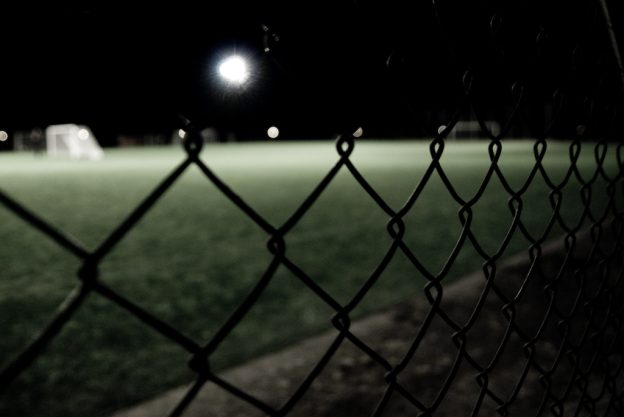Jacob Leon – In 2021, after years of pressure, the NCAA changed its rules to allow student-athletes to be compensated for their talents. The rule change allows athletes to be compensated for their name, image, and likeness (NIL). However, not all student-athletes have been able to benefit from the rule change. International student-athletes, in particular, have been unable to profit from the NIL rule change because current student-visa rules prohibit those athletes from earning money from their NIL.
Since the rule change, student-athletes have earned tens of millions of dollars. The average Division I athlete received $686 before taxes in the first semester after the rule’s implementation. The average Division II athlete earned $68 while the average for Division III athletes is $35. Top college athletes have received NIL deals reaching the low seven-figure range.
International college students are not allowed to profit off of their NIL because the majority of them are in the United States under F-1 student visas. F-1 student visas provide limited exceptions for students to earn money while in the country for school and earning money from NIL is not one of those exceptions. There are severe consequences for students who get caught trying to work around their visas and profit off NIL deals. Schools that catch students on an F-1 visa trying to profit off their NIL are required to relinquish their visas. Relinquishing the visa can end in the student being deported back to their home country. Most people agree that NIL has been positive for college athletes, but the rule change did not completely fix the system in place prior to allowing student-athletes to profit off of their NIL. International student-athletes are still unpermitted to partake in the spoils that NIL is providing resident American student-athletes. The restriction has an impact on businesses as well as athletes. With the passage of the new NIL rules, more businesses have been using athletes for partnerships. Because international student-athletes cannot earn money from their NIL, the pool of potential athletes businesses can hire as spokespeople is constrained. Consumers are also impacted by international athletes not being able to partake in NIL. For example, EA Sports must compensate college athletes whose NIL is used in the company’s games. However, because international athletes cannot profit from their NIL those athletes will be excluded from the games, giving purchasers of the games an incomplete experience because international athletes will be missing from the lineups.
The restrictions placed by F-1 visas on an athlete’s ability to profit off their NIL will also impact recruitment. The rules make it more difficult to convince international athletes to come to the United States for college when the athletes are not getting paid while their teammates and competitors are. There is not much the NCAA can do about the inconsistency other than lobbying Congress for a change within the US regulation of Visas.
There are several potential solutions for leveling the NIL playing field between resident and international student-athletes. One solution would be to create a new exception to the F-1 visa rules that will allow international student-athletes to profit off their NIL. Congress could also make a separate kind of student visa tailored around allowing collegiate athletes to profit off of NIL. Either option would provide a simple solution for international student-athletes that provides them the opportunity to capitalize on the new NCAA rules.


